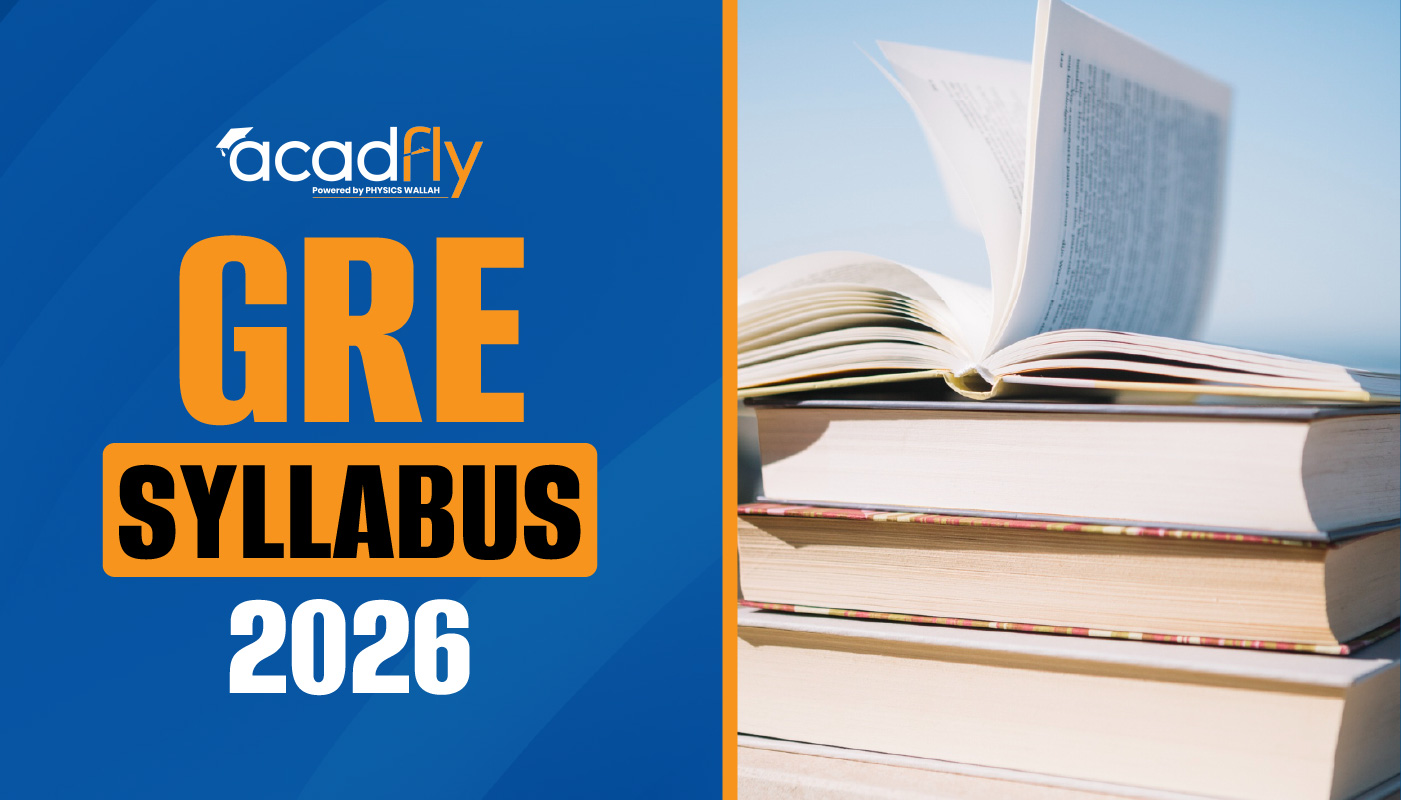
When pursuing a degree in environmental science in Ireland, students must meet specific academic and language proficiency standards. The environmental science degree requirements in Ireland typically include holding a relevant undergraduate degree in science or a related field, demonstrating English language proficiency, and fulfilling admission criteria set by individual institutions. Moreover, certain programs may require additional qualifications, such as work experience or prior research. Understanding these requirements is essential for students aiming to apply to Ireland’s top environmental science programs.
IELTS for Environmental Science Ireland: Language Proficiency Criteria
When applying to study environmental science in Ireland, demonstrating language proficiency is crucial, especially for international students. Since most programs are delivered in English, universities require students to meet specific IELTS score thresholds to ensure they can follow the course material effectively. Typically, the minimum IELTS score for environmental science programs in Ireland is 6.5, with no individual band lower than 6.0. This standard ensures students possess adequate skills in reading, writing, listening, and speaking to thrive academically.
Why IELTS is Important for Environmental Science Programs
For students whose first language is not English, achieving the required IELTS score is one of the key environmental science degree requirements in Ireland. A strong command of English is essential for participating in lectures, writing research papers, and engaging in discussions related to environmental studies. Irish universities place significant emphasis on this aspect to ensure all students can fully integrate into academic life.
IELTS Waivers and Alternatives
Some universities may offer IELTS waivers to students who have completed their previous education in English-speaking countries or institutions where English was the medium of instruction. Alternatively, students might provide equivalent test scores, such as TOEFL, as proof of language proficiency. However, the IELTS test remains the most widely accepted by Irish universities as part of the environmental science degree requirements in Ireland.
Top Environmental Science Programs Ireland: Leading Universities
Ireland is home to some of the best institutions offering environmental science programs. These universities provide comprehensive curricula that align with modern-day environmental challenges, ensuring students gain both theoretical and practical knowledge.
|
University |
Program Name |
Duration |
IELTS Requirement |
Eligibility |
|
Trinity College Dublin |
MSc in Environmental Science |
1 Year |
6.5 overall |
Bachelor's degree in science-related fields |
|
University College Dublin (UCD) |
MSc in Environmental Policy |
1 Year |
6.5 overall |
Relevant undergraduate degree |
|
University of Galway |
MSc in Environmental Leadership |
1 Year |
6.5 overall |
Bachelor's in Environmental Science or related |
|
University College Cork (UCC) |
MSc in Environmental Science |
1 Year |
6.5 overall |
Undergraduate degree in Science or Engineering |
|
Dublin City University (DCU) |
MSc in Climate Change: Policy, Media, Society |
1 Year |
6.5 overall |
Bachelor's degree in relevant field |
|
Maynooth University |
MSc in Climate Change |
1 Year |
6.5 overall |
Bachelor's in Geography or related fields |
|
Technological University Dublin (TUD) |
MSc in Environmental Health and Safety |
1 Year |
6.5 overall |
Bachelor's in a related field |
|
University of Limerick (UL) |
MSc in Environmental Engineering |
1 Year |
6.5 overall |
Engineering or Science degree |
Scholarships for Environmental Science Ireland: Financial Aid Opportunities
Pursuing an environmental science degree in Ireland can be made more affordable through various scholarships and financial aid options available to both domestic and international students. These scholarships not only cover tuition fees but also provide allowances for living expenses, making education accessible for eligible students. Below are some notable scholarships that align with the environmental science degree requirements in Ireland and cater to the eligibility for environmental studies in Ireland.
1. Government of Ireland International Education Scholarships
This prestigious scholarship is offered to international students pursuing postgraduate studies, including environmental science programs. It provides a full fee waiver and a stipend of €10,000 for living expenses.
2. Irish Research Council (IRC) Postgraduate Scholarships
This scholarship supports students pursuing master's or PhD research degrees in Ireland. It covers tuition fees and provides a stipend of €16,000 annually, ideal for students conducting environmental research.
3. Trinity College Dublin Global Excellence Scholarships
Offered to international students applying to study at Trinity College, this scholarship awards up to €5,000 towards tuition fees, available for various disciplines including environmental science.
4. University College Dublin (UCD) Global Scholarships
UCD offers several merit-based scholarships for international students enrolled in postgraduate programs. The awards range from €3,000 to full tuition coverage for qualified students in environmental science.
5. NUI Galway International Student Scholarships
NUI Galway provides merit-based scholarships for international students applying to master's programs, including environmental science. These scholarships cover partial to full tuition fees depending on academic merit.
6. DCU International Merit Scholarships
Dublin City University offers partial tuition fee waivers for international students enrolled in their postgraduate programs, including environmental science. Awards range from €1,000 to €2,000.
Admission Requirements for Environmental Science Ireland: Application Process
To pursue an environmental science degree in Ireland, students must meet specific academic and language requirements. Understanding the environmental science degree requirements in Ireland and navigating the application process is essential to ensure successful admission. Below are key admission criteria and steps involved in applying for an environmental science program at top Irish universities.
1. Academic Qualifications
Applicants must hold a relevant undergraduate degree, typically in environmental science, biology, chemistry, geography, or a related field, with a minimum grade point average (GPA) equivalent to the university’s standard.
2. English Language Proficiency
For non-native English speakers, a valid IELTS or TOEFL score is required to meet the language proficiency standards. Most universities require an IELTS score of 6.5, with no individual band below 6.0, or a TOEFL score of 90.
3. Transcripts and Academic Records
Candidates must provide official transcripts and academic records from their previous educational institutions, showing detailed performance in relevant courses.
4. Statement of Purpose (SOP)
A strong SOP is essential, explaining the applicant’s motivation for studying environmental science, career goals, and how the program aligns with their aspirations.
5. Letters of Recommendation
Most programs require at least two letters of recommendation from professors or professionals who can attest to the applicant's academic ability and potential in the field of environmental science.
6. Relevant Work or Research Experience
Though not always mandatory, having relevant work experience or research in environmental science or sustainability can strengthen an application and provide a competitive edge.
7. CV/Resume
A detailed resume outlining the applicant’s academic achievements, work experience, research projects, and any extracurricular activities related to environmental science is often required.
8. Application Fees
An application fee is usually required when submitting applications through the university’s online portal. Fees vary by institution but typically range from €50 to €100.
9. Interviews (Optional)
Some universities may conduct interviews as part of the admission process, either in person or via video conferencing, to further assess the candidate's suitability for the program.
10. Application Deadlines
Applicants must adhere to specific application deadlines, which usually fall between January and July for programs starting in the autumn semester. Early applications are encouraged to secure scholarships and financial aid.
Frequently Asked Questions
1. What are the academic eligibility criteria for environmental science programs in Ireland?
2. What is the required IELTS score for environmental science programs in Ireland?
3. Are scholarships available for environmental science students in Ireland?
4. Do I need work experience to apply for an environmental science program in Ireland?
5. What documents are required for the admission process?









